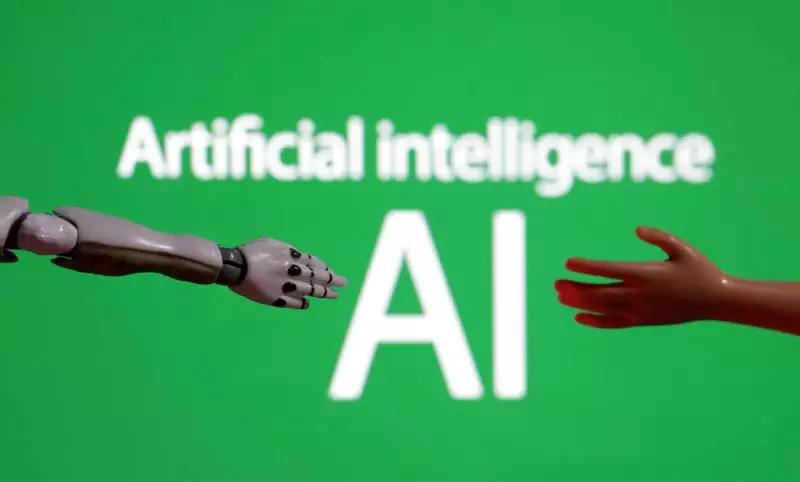In recent years, the technological landscape has witnessed unprecedented advancements, and among these developments is the emergence of Agentic AI. Heralded by analysts from BofA Global Research as potentially transformative, Agentic AI is set to revolutionize the way machines interact with human constructs. More than just an evolution of generative AI—characterized by tools like chatbots—Agentic AI represents an entirely new paradigm. It signifies the advent of autonomous agents capable of performing intricate tasks with little to no human intervention, marking a shift towards true collaboration between humans and machines.
At its core, Agentic AI consists of sophisticated foundation models that empower autonomous agents to make decisions and take actions independently. Unlike traditional artificial intelligence systems that react to user inputs, Agentic AI systems have the capability to proactively engage with their environments. They can analyze data, devise plans, and implement solutions across an array of applications—from software development to logistics and beyond. This ability to self-initiate actions positions these agents as not just tools, but rather as dynamic partners in various operational contexts.
The development of Agentic AI occurs at an astonishing pace, particularly when juxtaposed against the timeline of its predecessors. The breakthrough of generative AI tools, such as the widely known ChatGPT, occurred only two years ago, and now we are on the brink of a third wave of AI technology. This transition is quicker than prior technological revolutions, such as the personal computer boom or the internet’s rise, suggesting that society must adapt rapidly to these advances.
The implications of Agentic AI across multiple industries are immense. The automation potential of these agents could drastically change sectors like manufacturing, customer service, and healthcare—areas typically reliant on human labor. Digital agents and robots may soon handle complex tasks, thereby leading to increased operational efficiency and cost savings. For example, firms like Amazon and DHL have already begun employing robotic systems that optimize warehouse operations, showcasing the substantial benefits of integrating AI.
As Agentic AI systems evolve, their influence will likely extend to positions traditionally reserved for highly skilled professionals. Tasks that involve substantial cognitive capabilities, such as those in biopharma research, educational technology, and cybersecurity, are beginning to experience transformation through autonomous solutions. This paradigm shift suggests not only a reallocation of job functions but also an elevation of expectations regarding what AI can achieve.
However, this rapid advancement comes with its own set of challenges. The risk of job displacement looms large, particularly in sectors that depend heavily on human input. As BofA analysts have noted, the swift proliferation of tools like ChatGPT has already impacted freelance opportunities in writing and coding, with many roles rendered obsolete within months of their introduction. The forthcoming implementation of Agentic AI may amplify these shifts, potentially encroaching on jobs in fields such as construction, nursing, and landscaping.
Yet, while the specter of automation poses challenges, it can also ignite opportunities for innovation. The burgeoning field of AI is ripe for the emergence of new startups, which will harness these powerful technologies to craft scalable, transformative solutions. This is reminiscent of the “dot-com” boom in the late 1990s, where the advent of the internet generated entirely new business models and job categories. Such paradigm shifts may lead to a dynamic workforce reshaping the economic landscape in previously unimaginable ways.
The journey of AI is far from over. As we delve deeper into the capabilities of Agentic AI, it becomes clear that we are approaching a supercycle of innovation, where constant advancements yield increasingly sophisticated applications. This new wave of technology promises to drive global economic growth, reorganizing entire industries while reinforcing productivity and efficiency in the workplace.
Agentic AI is not merely a technological evolution; it signifies a fundamental transformation in the relationship between humans and machines. It compels us to rethink our roles within an increasingly automated environment, prompting a reassessment of skills, jobs, and economic structures as we adapt to this brave new world. The choices we make in harnessing this technology will shape the future in profound and far-reaching ways.

